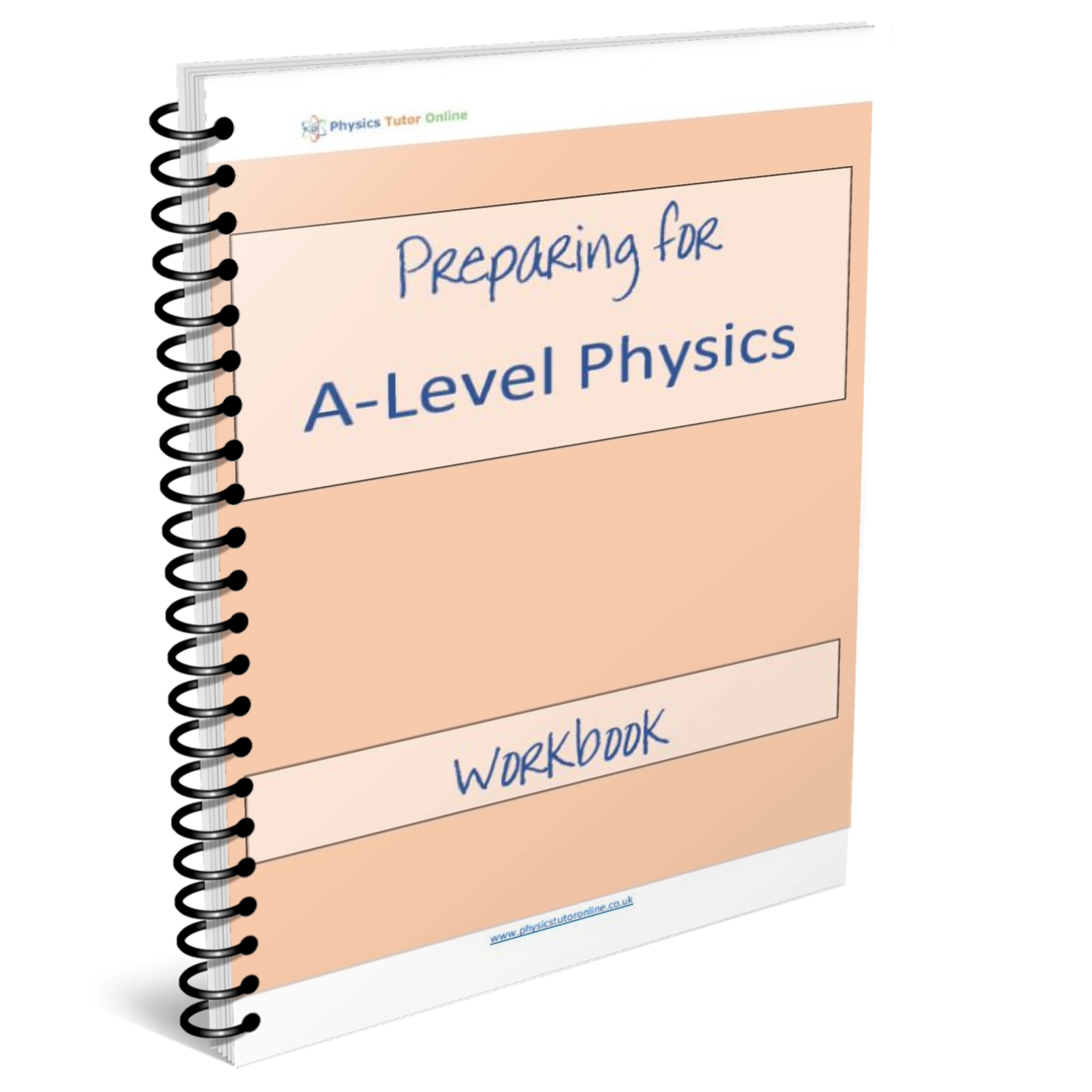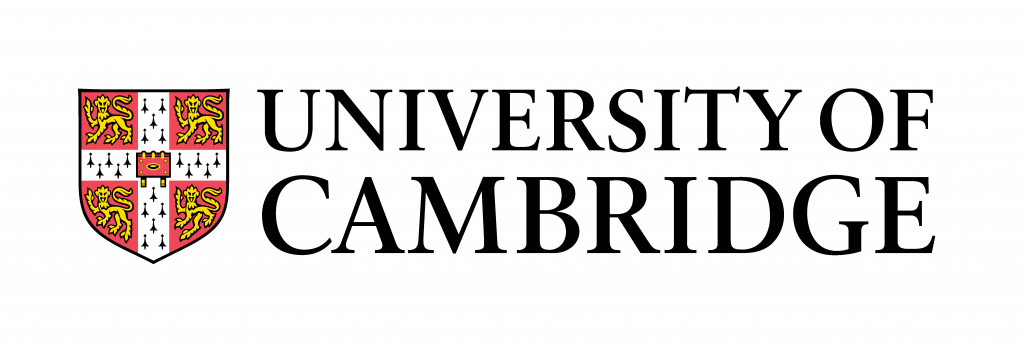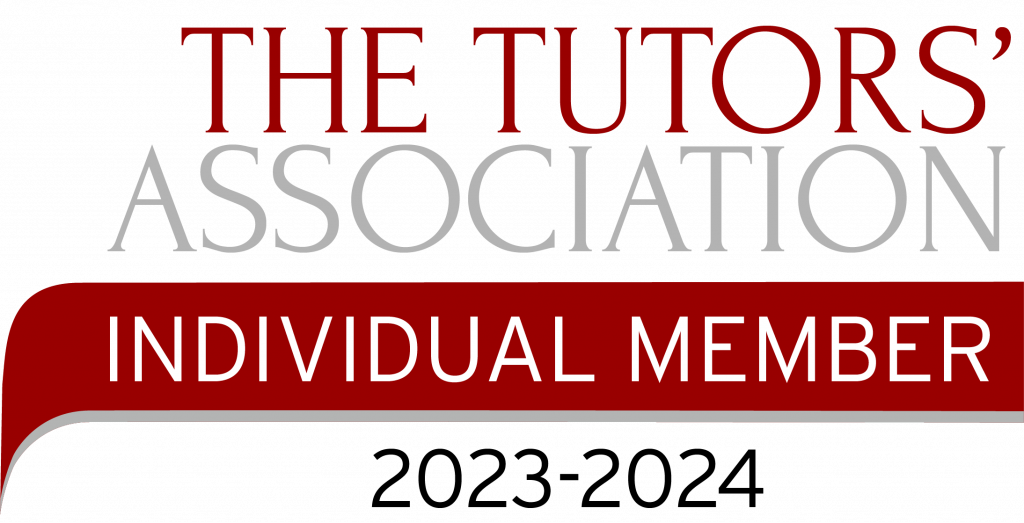Starting A-level Physics in September?
In this article, you will find helpful guidance and ideas to help you prepare for starting A level Physics:
- Why study A level Physics
- How A level Physics is different from GCSE Physics
- What you can do after A level Physics
- What you should focus on in the Summer before starting A level Physics
- Ideas to get you started

You are about to embark on a fascinating journey of discovery!
A level Physics is an exciting subject which gives opportunities to think in new ways and develop a wide range of valuable skills.
Think of the summer prior to starting your A-levels as an opportunity – an opportunity to learn whatever you want to learn, and to study in whatever style suits you ! Everything that you learn before your course starts will make the transition to A-levels easier. It might even help you decide what you want to do with your life beyond A-levels! This page is full of ideas and suggestions, and I encourage you to follow whichever ones appeal most. There are a lot of web links – it really is worth following them!
A good routine is essential to preparing well for your A-levels. It’s much better to do a few hours of study and exploration each week than to work so hard that you burn yourself out! I suggest you spend 2-3 hours each day, Monday-Friday, split evenly between the subjects you plan to study next year. If you can do this, you’ll be doing 3-4 hours of Physics each week, which will make a massive difference when you start in September! It doesn’t have to all be serious GCSE-style work: mix in some inspiring videos, fun quizzes and fascinating podcasts, and you’ll find the time flies by!
TOP TIP: if you ever start to feel frustrated or bored with any of your Physics preparation, change tack to something different!
Swap to a different topic or different book or website – perhaps do a home experiment or watch your favourite Physics youtube channel to re-energise yourself. The most effective way to learn sustainably over this period of time is to enjoy it! If you think that the bit you were struggling with was really important, email your teacher for help, or start a list of things to ask me for help with in September. (Your teacher will be SO impressed when students bring them a list of questions they want help with – it shows real determination to succeed!)
Why study A-level Physics?
Physics is THE most fascinating subject to study at A-level! It’s also well-recognized for developing useful skills for a wide range of careers such as problem-solving, analysis and communication. You’ll usually be taught in a smaller class with lots of individual help, and your teacher will be experienced and able to answer your questions.
Start by reading this guide to A-level Physics from the Institute of Physics – it includes information about the A-level, as well as ideas on careers after Physics A-level.
How is A-level Physics different from GCSE Physics?
· New, exciting topics – a lot of the topics will be the same as GCSE, but there are some really exciting new ones, such as antimatter, quantum physics, medical imaging, cosmology (the future of the Universe) and special relativity (depending on exam board).
· There’s more time for everything – usually 5 hours per week for each A-level. It means there’s time to learn about fascinating real-world applications, extra practice of anything tricky, and better practicals!
· Better practicals – A-level practicals are fascinating, such as measuring the gravitational field strength (g) on Earth, and getting hands-on with radioactivity! You will also spend a bit more time on practicals so that you develop the skills to design and run your own investigations.
· You build a much deeper understanding of each topic, because you spend more time on it before moving on.
· A-level Physics has more maths – it’s similar to GCSE Higher-Tier Maths, with some trigonometry, equations and graph work for example. You’ll get support in your Physics lessons to develop all of the maths skills you’ll need.
· You don’t have to memorise so many equations! In A-level Physics exams you’re given a booklet with almost all of the equations in it.
· An option topic (AQA) – in year 13, you’ll get to choose a topic to specialise in, such as Astrophysics, Engineering or Medical Physics.
For more information about the AQA course, click here. For more information about the Edexcel course, click here
Listen to what other students have to say about A-level Physics here
This website might also be helpful.
What can I do after A-level Physics?
Physics is known as a facilitating subject – this means that it helps keep your options open as it’s highly regarded as preparation for lots of different courses. Businesses and universities really value the subject because of the transferrable skills it gives you.
There are some great online tools that help you work out what subjects you can study at University with your combination of A-levels. Try https://www.theuniguide.co.uk/a-level-explorer or https://www.informedchoices.ac.uk/
For more general advice on A-level choices, visit: https://www.theuniguide.co.uk/advice/a-level-choices
What should you focus on this summer?
If you want to do really well in A-level Physics next year and beyond, I suggest you set these three goals for your summer studying.
1) Maintain & develop your GCSE Physics knowledge
Physics A-level has a reputation for being tricky, but it’s a lot easier if you have all the facts you learned at GCSE at your fingertips! It’ll help so much next year if you’ve already found and fixed any gaps in your GCSE knowledge. It will also give you a great deal of satisfaction to complete a refresher of the whole GCSE – commitment is key.
Suggested time: 1 hour per week
2) Maintain & develop your Maths skills
Did you know that students lose 2.6 months’ worth of maths skills over the summer holidays, on average? All you need to do to maintain your skills is to practise them. An hour a week will make a world of difference. It really works! And maths can be really meditative once you get into the zone – like a good Sudoku puzzle.
Suggested time: 1 hour per week
3) Explore the Physics that interests you! (& build evidence for uni applications)
This is the really fun part, and yet it is just as important as the first two goals! A-levels require a lot more independent study than GCSEs, so motivation matters. Physics is so interlinked that no matter what you choose to investigate, you will be learning something relevant to at least one A-level Physics topic, and it’ll help you enjoy those topics even more next year. These explorations can also be pivotal in discovering what you want to do with your life after A-levels!
Finally, the research you do now will be invaluable if you apply to University. Uni applicants have to write a UCAS “personal statement”with evidence of their commitment to learning and passion for the subject. One of the best ways to show this is to learn about somethingoutside of lessons, and now is the perfect time to do that!
Suggested time: 1-2 hours per week
Ideas to help you get started
1) Maintain & develop your GCSE Physics knowledge (1hr per week)
Have a look at these resources and choose ONE or TWO that suit you best. They are alternative options – you don’t have to do them all! Keep it manageable – if it’s taking too long or you’re losing motivation, try a different resource, take a break with an easier topic, or reduce the weekly amount.
Preparing for A-level Physics workbook (free from Physics Tutor Online) contains practice questions to refesh your GCSE knowledge (and develop your maths skills). Comes complete with mark scheme. Approximately 2-3 hours work.
CGP Headstart to Physics book (available free from Amazon – I suggest 4 pages per week for 10 weeks (finish mid-July!)
Seneca online – Choose AQA GCSE Physics. I suggest 8-10 mini-sections per week to cover the whole course by July OR focus only on your weaker topics.
BBC Bitesize NEW interactive tests (click on a topic, and then the “Test” Section for example: https://www.bbc.co.uk/bitesize/guides/z8hsrwx/test I suggest 1-2 tests per week on your weaker topics, OR to cover it all, 3 tests per week for 12 weeks.
OR make use of GCSE resources that you already use and like!
Which GCSE topics are most useful for A-level Physics?
| GCSE Physics | Useful for Year 12? | Useful for Year 13? |
| Energy | YES – except energy resources and specific heat capacity | YES – Specific heat caacity |
| Electricity | YES – except household electricity & static electricity | YES – static electricity and AC electricity |
| Particle Model of Matter | Only density and states of matter | YES – all of it! |
| Atomic Structure | YES – except half lives, background, fission, fusion | YES – all of it! |
| Forces | YES – except stopping distances | YES – ideas applied to new topics |
| Waves | YES – all of it | YES – option topics (if AQA): lenses, ultrasound, blackbody radiation; If Edexcel – Blackbody radiation (thermodynamics topic); Oscillations topic. |
| Magnetism & Electromagnetism | – | YES – all of it |
| Space | – | YES – Astro topic (AQA); Space topic (Edexcel) |
2) Maintain & develop your Maths skills (1hr per week)
As with the Physics knowledge, don’t try to do all of this – just choose ONE favourite book or website and run with that, referring to the others only if you need extra practice with a skill. Skip anything that’s so easy it’s boring, and don’t worry about anything so hard you’re struggling – there’s no benefit from either.
Whatever your level of maths in September I will help you build on it… it’ll just be a lot easier if you’ve maintained your current skills through practice! (I’ll be especially impressed in September if you can tell me which questions or skills you need extra help with.)
· AQA A-level Transition Pack – The exam board has pulled together a set of recommended Maths Activities for the summer (see page 9 onwards).
· Isaac Physics – you can use this next year. For the summer, you could
- Take part in weekly lessons (click “Lessons”)
- Join their mentoring scheme
Pick a topic https://isaacphysics.org/pages/gcse_quizzes or
https://isaacphysics.org/books/phys_book_gcse#isaacModal or
https://isaacphysics.org/books/pre_uni_maths (choose level 1) or
https://isaacphysics.org/books/physics_skills_19 (choose section A)
- 23 Equations website I recommend the calculation questions on their website (not on the app): https://23equations.com/questions/index.html
Aim to answer 8-10 questions each week! If they’re taking too long, change the difficulty level.
· Equation list You don’t need to memorise many equations for A-level Physics, so feel free to use a list of equations for calculations. https://tinyurl.com/y8kdxfw5 or https://tinyurl.com/y9sllsnr
· Essential Maths Skills for A-Level Physics book has helpful information and practice questions. Skip logarithms and exponentials – we don’t need them until year 13.
3) Explore the Physics that interests you!& build evidence for applications (1-2hrs/week)
What really fascinates you? Is it the future of the Universe, the northern lights, quantum physics,
superconductors or something else? Or maybe you’re most interested in the way Physics is applied in
healthcare, architecture, engineering, modern technology or to save our planet from climate change?
This section is where you get full freedom to follow your own curiosities – relax, take your time and enjoy it!
Not sure what your interests are?
Not a problem! To get started, I recommend you browse the next few pages, browsing a wide selection of the citizen science projects, online courses and books, and watching a few documentaries, youtube channels, podcasts etc You’ll soon find something that captures your imagination!
Can’t choose which interesting topic to research?
That’s ok! In fact it’s better to investigate several topics as that will give you a broader sense of what Physics is about. You will probably find that some of your investigations finish when your curiosity is satisfied, and others lead you deeper
What topic(s) would be most helpful for A-level Physics?
I encourage you to branch out – A-level Physics is so broad that any topic you choose will be helpful! However, if you’re really keen to keep your explorations close to the A-level specification, I suggest you find out more about Particle Physics, which is fascinating, often in the news, and will be one of our first topics! Key terms to look into might include: antimatter, neutrinos, leptons, quarks, hadrons, baryons, exchange particles and the standard model. Another very interesting year 12 topic is Quantum Physics (AQA), especially wave-particle duality.
What evidence should I gather for University applications?
Universities will be particularly impressed with activities that have a slightly higher time commitment: the citizen science projects, online courses, and books, for example. They’ll also be impressed if you’ve explored one topic or idea enough to be able to write or talk about it.
TED Talks
TED talks are really great, thought-provoking (and free!) presentations on a huge range of topics, often given
by the world’s leading thinkers.
Browse https://www.ted.com/talks or try one of these four to start with:
From mach-20 glider to hummingbird drone
“What would you attempt to do if you knew you could not fail?” asks Regina Dugan, then director of DARPA, the Defense Advanced Research Projects Agency. In this talk, she describes some of the extraordinary projects that her agency has created.
Is our universe the only universe?
Brian Greene shows how the unanswered questions of physics (starting with
a big one: What caused the Big Bang?) have led to the theory that our own
universe is just one of many in the “multiverse.”
The fascinating physics of everyday life
Physicist Helen Czerski presents various concepts in physics you can become
familiar with using everyday things found in your kitchen.
We need nuclear power to solve climate change
Joe Lassiter is focused on developing clean, secure and carbon-neutral
supplies of reliable, low-cost energy. His analysis of the world’s energy
realities puts a powerful lens on the touchy issue of nuclear power.
Books about physics and science
It will help you to stand back and see physics in its wider context, and also to look in more detail at some areas of physics that you may currently know very little about. I consider reading the two books in bold below to be the easiest way for you to do this, and they’re something that would be easy to obtain. Both books are written at a level that assumes very little about your prior subject knowledge, but reading them will stretch you into areas that go beyond university level. The other books are also highly recommended.
· iscovery of All Time and Why You Need to Know About It by Simon Singh
· A Brief History of Time by Stephen Hawking
· The Universe in a Nutshell by Stephen Hawking
· The Making of the Atomic Bomb by Richard Rhodes
· Carrying the Fire: An Astronaut’s Journeys by Michael Collins (the Apollo 11 astronaut)
· 13 Things That Don’t Make Sense: The Most Intriguing Scientific Mysteries of Our Time by Michael Brooks
· Surely You’re Joking Mr Feynman by Richard P Feynman and Ralph Leighton
· Six Easy Pieces: Fundamentals of Physics Explained by Richard P Feynman (or any other book by the same author)
If you don’t want to pay the full price for the books then they can often be found in charity shops, Amazon or eBay (other websites are available). If you don’t want to pay anything remember that your local public library should be able to help you.
Magazines
Great for news on cutting edge research, or to search for deeper information on a topic.
https://www.sciencenewsforstudents.org/topic/physics
https://www.scientificamerican.com/the-sciences/
Podcasts and radio
There is nothing better than listening to an absorbing podcast as you walk, organise your room or drift to sleep at night! It’s calming and inspiring at the same time. Luckily there are hundreds to choose from, so you’re bound to find something you enjoy. If you’re interested in a particular topic, such as gravitational waves, type it into the search box on the BBC website, and you’ll probably find a couple of radio shows about it!
The infinite monkey cage
Witty, irreverent look at the world through scientists’ eyes.
With Brian Cox and Robin Ince.
https://www.bbc.co.uk/programmes/b00snr0w
The Curious Cases of Rutherford and Fry Science sleuths Dr Adam Rutherford and Dr Hannah Fry investigate everyday mysteries.
https://www.bbc.co.uk/programmes/b07dx75g
Science stories
Surprising stories from the history of science told by Naomi Alderman and Philip Ball
https://www.bbc.co.uk/programmes/b06vy2jd
Experiments that changed the world Experiments that changed the way we interact with the world.
https://www.bbc.co.uk/programmes/p03cgl39
They Made Our World
A series of short programmes about inventors and their world-changing inventions.
https://www.bbc.co.uk/programmes/p0338l7j
The Great Big Particle Adventure
Comedian and physicist Ben Miller explores the workings of the new LHC atom smasher at CERN in Switzerland and what it is designed to discover.
https://www.bbc.co.uk/programmes/b00db0sp
In Our Time
Scientific principles, theory and the role of key figures in the advancement of science.
https://www.bbc.co.uk/programmes/b006qykl
Frontiers
Explore new ideas in science and the scientists and researchers responsible for them.
https://www.bbc.co.uk/programmes/b006qy5p
Big Bang Day: Five Particles
Simon Singh examines the significance of subatomic particles.
https://www.bbc.co.uk/programmes/b00d8xyx
The Works
A look at how engineering and technology are improving peoples’ liv
https://www.bbc.co.uk/programmes/p033w485
Laws of Nature
A series explaining the laws of Physics, including the 2nd Law of Thermodynamics.
https://www.bbc.co.uk/programmes/p033wsjf
Bluffer’s Guide to Science
Short answers to big questions about relativity, the Big Bang, radiation and more.
https://www.bbc.co.uk/programmes/p033f95s
Careers
Perhaps you’re considering a career as a nuclear scientist, weather forecaster, medical physicist, sound engineer, pilot or product designer? Learn more about the diverse array of interesting careers A-level Physicists can choose from, and you might discover something perfect for you!
· http://www.futuremorph.org/my-future-finder/
· https://www.tomorrowsengineers.org.uk/





